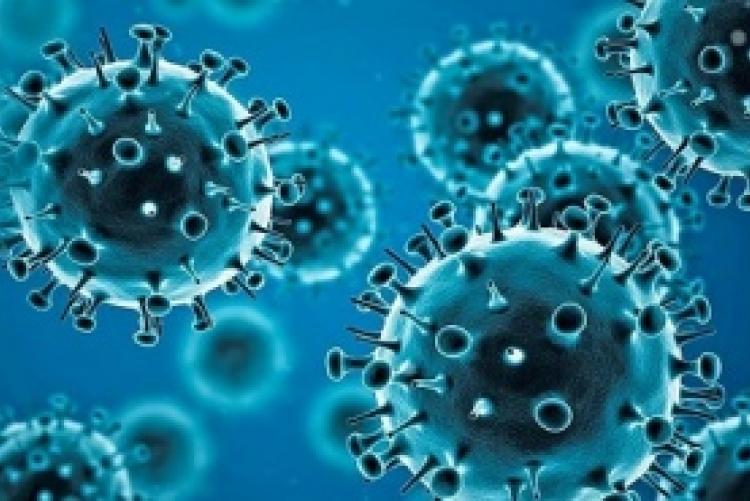COVID-19 continues to have vast effects on children and families. To this end, the University of Nairobi in collaboration with the Training Center in Communication held a webinar on ‘The Social Impact of COVID-19 on Children and Families.’
The panelists were drawn from various disciplines including media, engineering and health. Representing the University of Nairobi was Dr. Peter Akuon from the Department of Electrical Engineering.
The viral disease was first reported in the country in March has become one of the most severe pandemics that Kenya has ever experienced. It has led to a shift in the way we work and socialize.
In this light, the webinar sought to find out how children are affected by the pandemic. The first panelist Dr. Thomas Ngwiri who is a pediatrician noted that hospitals should have isolation wards for infected persons to minimize contact and spread. He acknowledged the strain the disease was having on mental health of children as there was a disruption in the normal routine. Dr. Ngwiri encouraged parents to give children alternative work such as house chores and allowing them to play outside in order to keep them busy. He also emphasized on the need for children to be taken to hospital in case of any illness to avoid it getting out of hand. He noted the importance of continuous vaccination of children in order to boost their immunity.
On her part, Vera Okeyo, a health journalist, acknowledged that children were not as adversely affected by the disease as adults but there have been cases on infection and a recorded death. She noted a rise in children and maternal health issues due to inaccessibility of hospitals especially after curfew hours when parents are afraid of confrontations with the police. She also touched on the rise in children mental health cases and urged parents to spend more time with their children and find alternative ways of spending their time now that schools are closed. Parents should also listen to their children and note the subtle changes of behavior if any.
Dr. Peter Akuon, an engineering lecturer from the University of Nairobi is a member of the team that came up with a prototype of a locally made ventilator. The ventilator is portable and can be used in various environments including inside ambulances and at home. The team, he said, was multidisciplinary and attracted both engineers and medical professionals. He urged the government to support the initiative as it would cut the cost of importing ventilators and experts from outside the country. The process of certification should also be sped up so that they are available to the market as soon as possible.
The panelists welcomed the idea of finding home based solutions as it would reduce the cost and expertise needed to import and maintain hospital equipment.
The discussion was closed by a discussion on the best solutions to keep children safe during this period. It was generally agreed that parents need to keep track of the activities of their children. They should reduce time spent on social and electronic media and encourage them to undertake alternate activities.
Dr. Ngwiri and Vera also congratulated Dr. Akuon for the improved ventilator model. They said that the ventilator would go a long way in improving healthcare and the fight against Covid-19 in the country.

